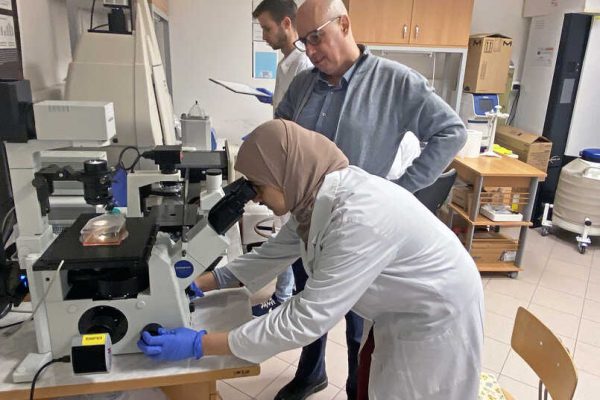Hungary signed an agreement on Tuesday to join the Sino-CEE Fund, the Hungarian Export-Import Bank (Eximbank) told state news wire MTI. The accession agreement was signed by Eximbank CEO Zoltán Urbán and Sino-CEE Fund Chairman Jiang Jianqing. Eximbank is also contributing USD 70 mln to the China-CEE Fund II.
The Sino-CEE Fund, established within the Sino-CEE “16+1” Cooperation Framework, aims to support investments in the Central and East European region. As announced in a resolution published in the official gazette Magyar Közlöny last week, Hungaryʼs government has decided to contribute EUR 50 million to the EUR 10 billion fund, but could contribute a further EUR 50 mln if experiences are positive, Urbán said.
The fund will manage investments of at least EUR 300 mln in Hungary, Urbán noted. It is financed by states but operates on a market basis, and will support projects worth a combined EUR 50 bln in infrastructure, as well as high-tech and consumer products manufacturing.
In addition, Eximbank signed a further two agreements within the framework of the China-CEE summit in Budapest with Chinese Premier Li Keqiang and government leaders from 16 countries in the region. One was on the establishment of the China-CEE Fund II, the second phase of the China-Central and Eastern Europe Investment Cooperation Fund, while the other was signed with the Bohai Transport Fund on developing intelligent public transport systems.
Eximbank is contributing USD 70 mln to the China-CEE Fund II, sponsored by the Export-Import Bank of China and Eximbank, according to the fundʼs website. The almost USD 1 bln fund will invest at least USD 140 mln in Hungary, targeting the energy, telecommunications, infrastructure, technology, innovation, manufacturing, farming, education, pharmaceuticals, tourism and financial services industries.
Eximbank previously contributed USD 30 mln to the China-CEE Fund I, established in 2013, which then invested USD 91 mln in Hungary.
Source: bbj.hu












